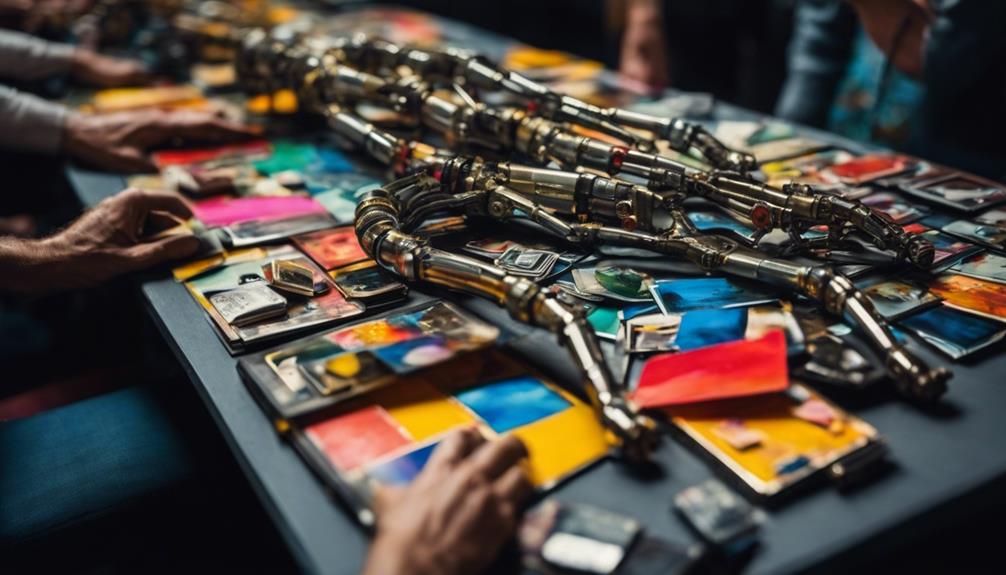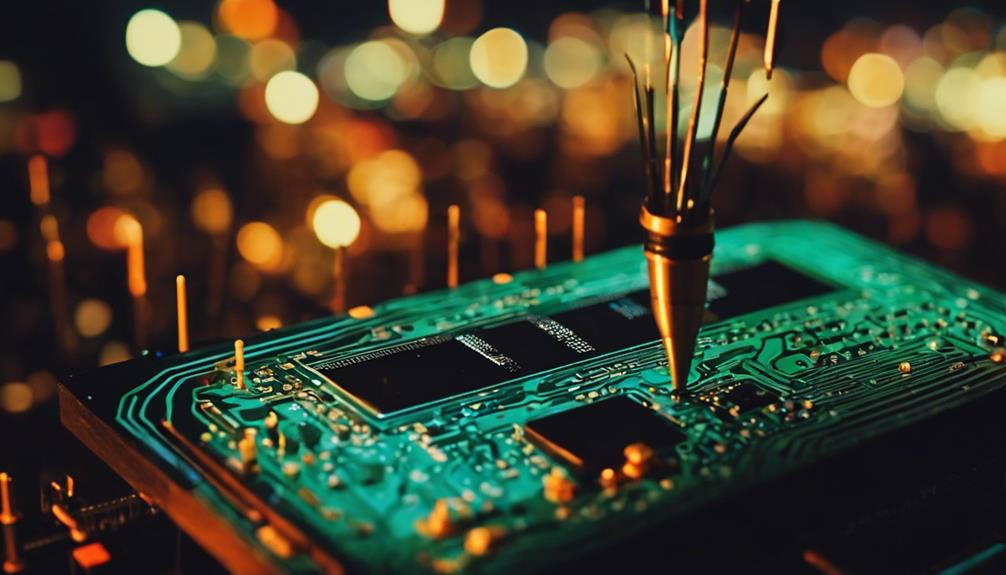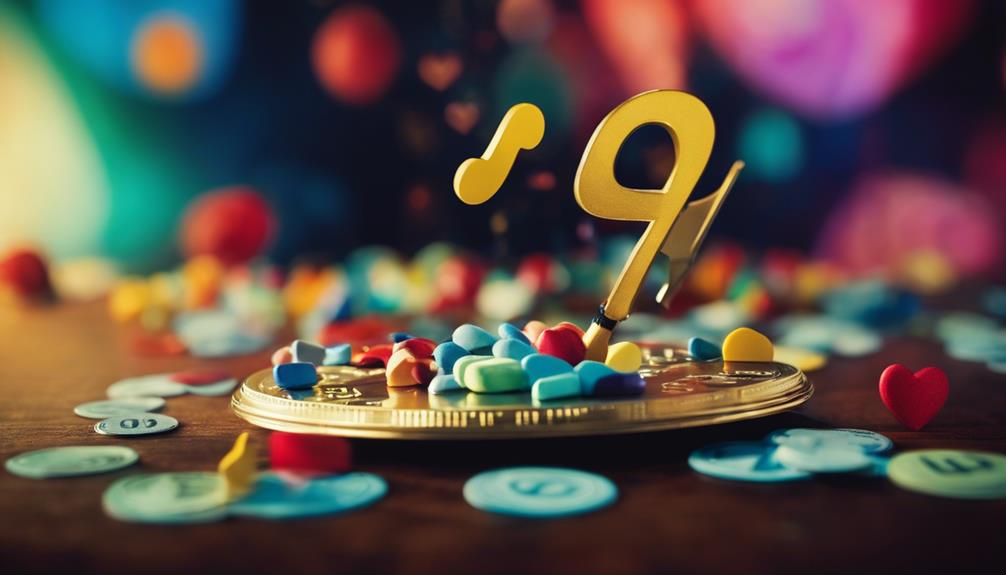Using advanced technology, the rise of free art generators marks a significant change for the creative industry. However, it also introduces many ethical concerns. These concerns include the possibility of making traditional art less valuable and reducing the chances for new artists to succeed. They also involve complex issues about who owns the rights to art created digitally and how copyright laws apply in this new era.
As we move forward, it’s vital to find a balance. We need to figure out how to enjoy the benefits of these technological tools while protecting artists’ rights and fairness.
Key Takeaways
- Free art generators change the creative industry.
- They raise ethical concerns about artists’ rights and values.
- Balancing benefits and fairness for artists is crucial.
Copyright Infringement Concerns
With the rise of free art generators, there’s a big worry about copyright infringement. These tools often use pictures without asking the artists who made them. This is not just a problem of right and wrong but also a legal issue because it affects the artists’ rights to their work. Using AI to create images is pushing the limits of copyright laws.
Making art with AI is exciting but poses a big challenge. We must ensure artists’ rights aren’t ignored because of new technology. Although copyright laws are changing to address this, we urgently need more explicit rules for AI-created content. Legal actions against companies for copyright issues highlight the need for a fair balance. This balance should respect artists’ earnings and AI’s possibilities in art.
Thinking about ethics when using AI to make art is essential. This is key to keeping the art world honest and sustainable.
Impact on Artist Livelihoods

With the rise of free art creation tools, artists face real threats to their ability to make a living. These AI tools can churn out art quickly and cheaply, putting pressure on artists who rely on selling and commissioning their work to make ends meet. It’s not just about losing money; there are big questions around fairness when artists’ creations are used to train these AI systems without their permission or compensation.
The art world is feeling the pinch as these tools become more common, striking well-known artists and newcomers. Clients might start choosing AI art over human-made pieces because it’s cheaper, which shakes up the job market for artists. The critical issue is finding a fair balance that respects human artists’ work while recognizing what AI can do. Keeping artists’ careers viable as technology advances is crucial to the art industry’s future health.
Devaluation of Traditional Art
Exploring the Impact of Free Art Generators on Traditional Art
The rise of free art generators is changing not only how we create art but also how we value it. This has significant implications for traditional artists and the art market as a whole.
Traditional artists now compete with an unlimited supply of free, machine-made art. This competition is not just about selling their work; it’s about the value placed on art created by humans versus machines. The ease of access to AI art generators might lead people to overlook the craftsmanship, hard work, and unique expression found in traditional art. As a result, the respect and appreciation for the skills and creativity of human artists may decrease.
The art market is also facing changes as consumer preferences shift toward content made by machines. This shift could redefine what is considered ‘valuable’ art, possibly pushing traditional art and its creators to the sidelines.
In short, free art generators are more than just tools for making art; they are changing how we think about the value and role of traditional art in today’s world.
Ethical Use of Creative Data

The ethical use of creative data by AI systems in the art world is a hot topic. These systems often use artists‘ work without asking, which brings up big questions about rights and recognition. This practice seems unfair because it uses others’ artwork without permission and because it’s unclear how these AI systems work.
Taking artists’ work without approval shows a lack of respect for their ownership rights, which could hurt them financially and damage their reputation. Not giving credit or payment for their original work worsens this problem. We need rules and guidelines that ensure artists are asked for permission, given credit, and paid relatively when AI uses their work to create new art.
To solve these problems, we need a fair approach that protects artists’ rights and encourages new creations. Setting up clear rules about transparency, recognizing ownership, and sharing benefits fairly can help avoid taking advantage of artists. This will help AI in the art world grow in a way that’s good for everyone.
Technological Advancement Vs. Cultural Loss
As we explore the impacts of AI on art creation, we face a significant challenge: balancing innovation with preserving our cultural heritage. The emergence of free AI art tools has sparked a debate over the future of art and culture.
Human creativity could lose its value with the rise of AI in art. When anyone can make art with a click, the hard work and skill behind traditional art forms might be less appreciated.
The widespread use of free AI tools could overshadow our cultural heritage. This might lead to a loss of unique artistic expressions nurtured over time.
The ease of creating AI art could lead to more uniform art, reducing the variety and richness different cultures contribute to the art world.
We must respect and preserve cultural traditions while welcoming new technological tools to move forward.
Frequently Asked Questions
What Are the Ethical Issues With AI Image Generators?
- AI image generators might steal artists’ work.
- These tools spark debates over what’s truly original.
- They could lead to job losses in creative fields.
What Are the Ethical Dilemmas in the Arts?
- Cultural appropriation raises ethical concerns in art creation.
- Intellectual property disputes challenge artists’ rights and income.
- Artistic integrity questions blend with originality and authenticity issues.
What Is the Controversy With AI Art Generators?
- Copyright issues plague AI art creation.
- Artists struggle with economic impacts and consent.
- Legal confusion surrounds data use and ownership.
AI art controversies stem from worries over copyright, harming artists’ livelihoods, and murky legal areas about data usage.
What Are the Problems With Ai-Generated Art?
- AI art challenges authenticity, risking unique creation loss.
- Intellectual property rights often blur with AI creations.
- Artist jobs might decline, altering the art industry’s economy.
